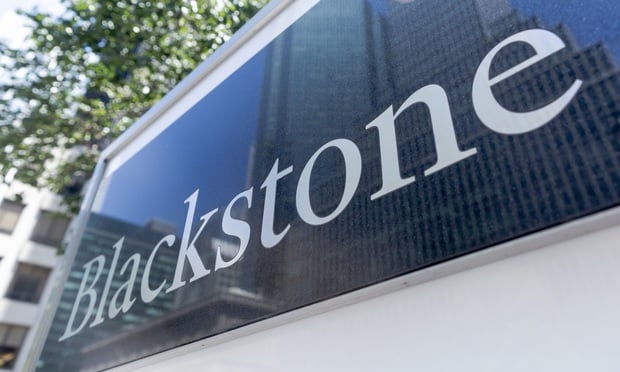Some of the key metrics have changed, and so the projection of where from here has changed. While it is encouraging that there have been over 200,000 jobs created for much of this year, the reality is a large number are part time and in lower wage positions like hospitality and retail. Real unemployment still is at a very high 11% plus. Participation is still far too low causing the unemployment number to look better than it really is. There is still not a truly robust recovery despite the excessive use of that word in the media. The good news is gas prices are declining rapidly and wages at least are keeping up with inflation. The flip side is that for 90% of the country, they have not participated in the wealth creation of increased stock prices, and house prices, while higher, are not above 2007 levels. Median family income is still well below 2007 and median family net worth has fallen to $81,000 from over $100,000 prior to the crash.
Europe, China, Japan, India, Russia, Argentina and Brazil are all in decline economically and deflation is a real risk across the world. There are no good solutions possible in most of these countries and areas due to cultural and political and union conflicts. For some countries, lower oil prices are a benefit, and for some like Russia and the middle east it is seriously debilitating. For the US it is a boon top consumers and a negative for oil workers and some locations like North Dakota and parts of Texas. For China it is a overall good thing. Japan is unlikely to recover for years more despite the efforts of Abe to change the metrics. Taxes are too high and the culture of Japan is such that real change is unlikely. Young people are leaving and will never return. The same is true in many parts of Europe. There is a reason there is little if any real technology leadership in these countries,. The laws and culture do not allow it, and now with the EU trying to attack Google, it will be even worse.
In the US, with Obama thinking he is able to ignore the constitution and the election results, and that he can just issue more debilitating regulations from EPA, FDA and the NLRB and CFPB, and that he can continue to crunch banks, there is little hope that we will have a real breakout that we might have had. It is clear he thinks he can defy the election results and the Congress and this will just create unnecessary gridlock, and prevent critical things like true tax reform from happening. This attitude and his other actions simply assure a slower growth than we might have.
Now he and Holder and Sharpton have moved race relations back to the bad old days of the sixties and seventies, all for purely political purposes and so Sharpton can be resurrected by Obama and DeBlasio form his past fraudulent actions and his failure to pay payroll taxes and other judgments of over $4 million. Obama and Holder had no business ever being involved in what is a local case of a thug robbing a store and then attacking and trying to kill a cop. Sharpton has a network of 24 franchises around the country who pay him fees and whose role is to incite (be activists in the PC parlance). Sharpton uses these franchisees to feed him money and to get him cases where he can have a high profile like Ferguson. Obama actually invited this fraudster and criminal to the White House and told him, according to Sharpton, to keep up the pressure. So now we have race riots, burned businesses, and widespread disruption in the key holiday season, DeBlasio made Sharpton his advisor on police ( that is like asking the fox to be in charge of security at the henhouse) further resurrecting him on the media stage. These political acts are the last thing the economy and blacks needed. It is harmful to both.
The end conclusion is, interest rates will very likely remain low for much longer than some thought. They might not get raised until late 2015, if then. Raising rates will just inflate the dollar, and make oil more expensive for other countries, it will be a bit of a drag on our economy just as it needs help to overcome the refusal of Obama to work cooperatively with congress, and it will not really help other areas of the world struggling to regain growth. The economy will likely continue along at a 3% growth rate instead of the 4%+ it should be at. Between minimum wage increases, Obamacare costs, the perverse incentive now for businesses to hire illegal aliens and not citizens who would have to get healthcare, and rulings by NLRB that clam a franchisor is really the employer, and the attempt to make the internet a utility, unrealistic and unachievable EPA rules on air pollution and wetlands, we are not going to grow the way we should. Prepare for a continuation of moderate growth, ridiculous regulations, and costs of compliance by banks and others that waste precious resources and slow hiring.
© 2025 ALM Global, LLC, All Rights Reserved. Request academic re-use from www.copyright.com. All other uses, submit a request to [email protected]. For more information visit Asset & Logo Licensing.








